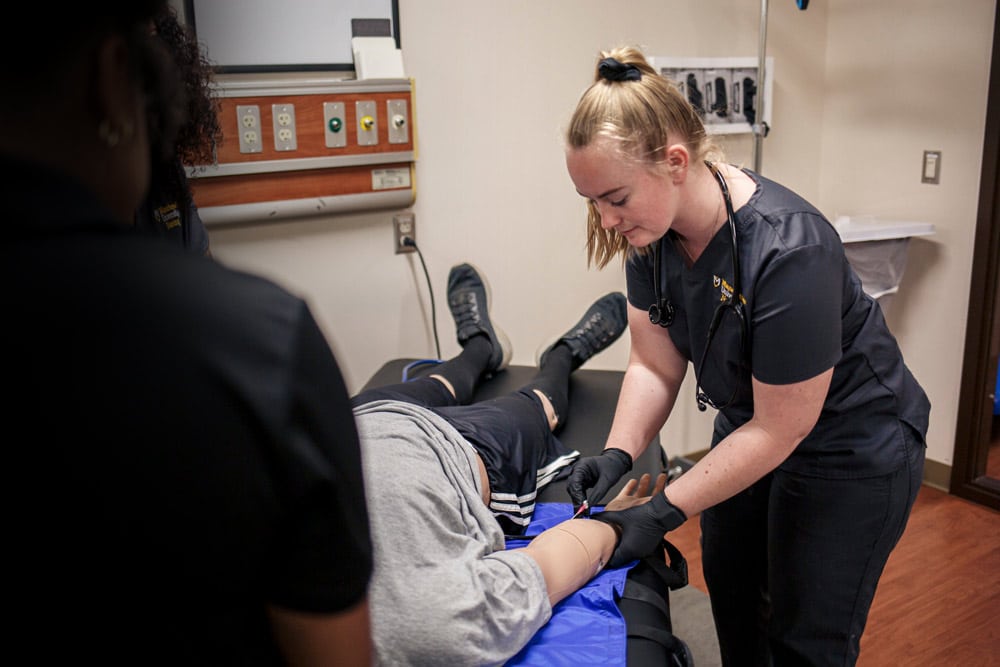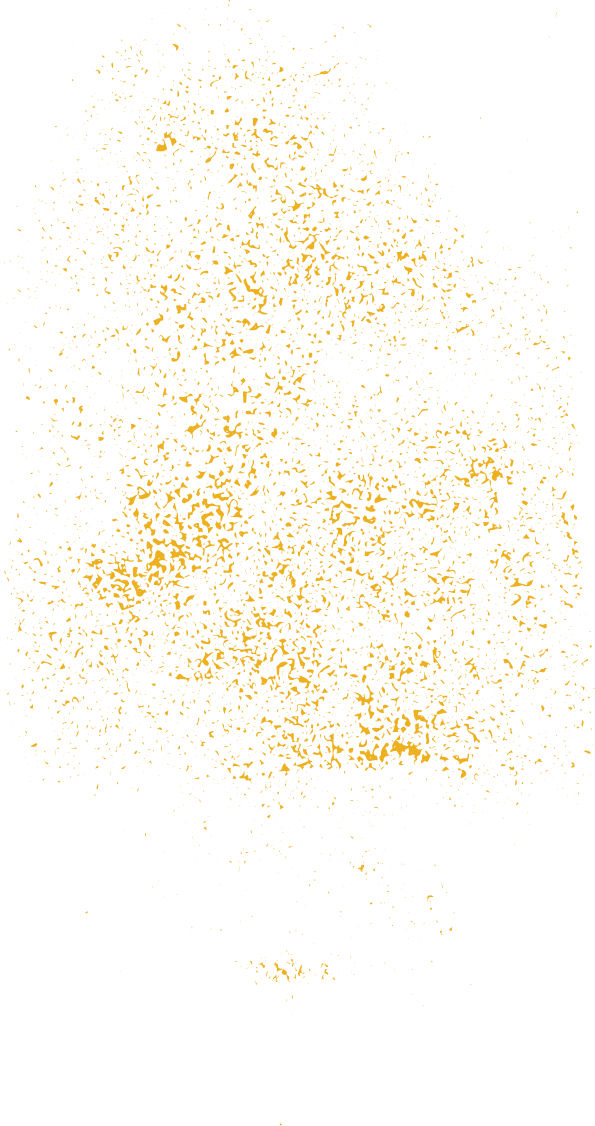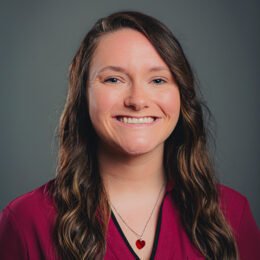Nursing (Accelerated) ABSN
Earn your accelerated nursing degree in just 16 months. Manchester’s ABSN program is designed for students who have completed at least 60 college credits or hold a prior bachelor’s degree in any major. With hands-on lab training, clinical practice, and expert faculty support, you’ll be prepared to become a registered nurse—fast.

Fast-Track Your Free ABSN with 100% Loan Forgiveness
Through a unique partnership with Parkview Health and the Questa Education Foundation, Manchester University’s ABSN students may have up to two-thirds of tuition covered through forgivable loans and tuition-reimbursement benefits.
In exchange for serving three years in a bedside nursing role at Parkview, graduates may qualify for 100% loan forgiveness. This program allows you to earn a respected Manchester degree, gain hands-on experience, and start your nursing career with reduced debt—all in just 16 months.
Program Information:
- Accelerated 2nd Degree
- 65 Credit Hours
- 756 Clinical Hours
Learning Environment
- Fort Wayne
- Parkview Mirro Center

Harold Kim, Class of 2023
Why Choose MU for an Accelerated BSN?
Graduate in Just 16 Months
100% NCLEX Pass and Employment Rates
Hands-On Simulation and Clinical Training
Supportive, Small Cohort Environment
Faculty Advising and Academic Support
What You Can Do with Your ABSN Degree
Registered Nurse (RN)
Deliver patient care in hospitals, clinics, and long-term care facilities.
Pediatric Nurse
Care for children in hospitals, schools, or pediatric specialty clinics.
Community Health Nurse
Promote wellness and disease prevention through outreach and health education.
Critical Care Nurse
Provide advanced care in intensive care and emergency departments.

Average Starting Salary for Accelerated Nursing Degree Holders
Accelerated BSN graduates enter the workforce quickly and earn competitive salaries. On average:
-
Registered nurses with a bachelor’s degree earn around $89,000 annually
-
The Bureau of Labor Statistics lists the median RN salary at $86,070
-
Nursing jobs are projected to grow 6% through 2032
Graduates of Manchester’s 16-month ABSN program are well-prepared to meet this demand and begin their careers with strong earning potential.

How the Accelerated BSN Program Supports Your Success
Commision on College Nursing Education Accreditation
The Traditional Bachelor of Science in Nursing Program and the Accelerated Bachelor of Science in Nursing Program at Manchester University are accredited by the Commission on Collegiate Nursing Education (CCNE).
The Traditional Bachelor of Science in Nursing and the Accelerated Bachelor of Science in Nursing programs are fully accredited by the Indiana Professional Licensing Agency.
Traditional BSN vs. Accelerated BSN
-
Traditional BSN: Four-year degree, progressive coursework starting sophomore year, clinical rotations beginning spring of year two
-
Accelerated BSN: Full-time, 16-month program for students with a bachelor’s degree. Curriculum is identical in content but delivered at a faster pace with intensive, hands-on clinical experience.
ABSN Application and Admission Requirements
Admission to Manchester University’s Accelerated BSN (ABSN) program is competitive and designed for individuals who already hold a bachelor’s degree in a non-nursing field or have completed at least 60 college credit hours. Applicants must meet both academic and professional readiness standards to be considered for admission.
Application Details:
- Apply via NursingCAS between August 10 and June 1 (rolling admissions; apply early)
- Submit a resume, personal statement, and 1–3 letters of recommendation
- Interview required for qualified applicants
Academic Requirements:
- Completed bachelor’s degree or ≥ 60 college credit hours from an accredited college or university
- Minimum cumulative GPA of 3.0 (preferred)
- Minimum 3.0 GPA in the following prerequisite courses, each completed with a grade of C or better:
- Human Anatomy with lab
- Physiology with lab
- Microbiology with lab
- Chemistry with lab
- Statistics
- Introduction to Psychology
- Human Growth and Development (Developmental Psychology)
Additional Requirements:
- GRE not required
- TEAS exam required only if the applicant has not earned a bachelor’s degree (minimum score of 58.7%)
- Must complete:
- A criminal background check
- 10-panel drug screening
- Health forms and immunization records
- HIPAA and bloodborne pathogens training
- Proof of health insurance
All materials must be submitted through NursingCAS and meet outlined program requirements. Because seats are limited and the accelerated program is intensive, early and thorough preparation is key to a successful application.
ABSN Tuition and Fees
Tuition is charged per credit hour:
-
$725 per credit hour for tuition
-
$75 per credit hour for nursing program fees
With 65 total credit hours, the base tuition and program fees total approximately $52,000, not including:
-
Books, uniforms, and clinical supplies
-
Background checks and transportation
-
Living expenses
Additional fees may include:
-
Technology and access fees
-
Simulation and lab use fees
-
Health screenings and immunizations
-
NCLEX preparation materials
Financial aid is available through Manchester University’s Student Financial Services, including scholarships, federal aid, and private funding.
For the most up-to-date tuition structure, visit the official Accelerated BSN Tuition and Fees page.
ABSN Courses and Curriculum
Manchester’s Accelerated BSN (ABSN) is a 65-credit, full-time, 16-month program designed to fast-track your career in nursing. The curriculum is carefully sequenced for comprehensive learning, blending theory, lab experience, and clinical practice.
Fall (Year 1 – 15 credits)
- NURS 125: Introduction to Nursing (online, 3 credits) – Covers nursing roles, medical terminology, the nursing process, ethics, and APA writing.
- NURS 210: Pathophysiology for Nursing (3 credits) – Focus on disease across the lifespan and system homeostasis.
- NURS 216: Health Assessment (4 credits) – Teaches history, physical exam, cultural competence, and health promotion in lab.
- NURS 220: Fundamentals of Nursing (5 credits) – Hands-on practice, documentation, infection control, and clinical reasoning.
January Session (2 credits)
- NURS 200: Nursing Calculations – Medication math, legal/ethical concepts in drug administration.
Spring (17 credits)
- NURS 300: Maternal Newborn & Women’s Health (4 credits)
- NURS 305: Pharmacology for Nursing (3 credits)
- NURS 320: Adult Health I (6 credits, 126 clinical hours)
- NURS 400: Pediatric Nursing (4 credits)
Summer (17 credits)
- NURS 325: Adult Health II (6 credits, 126 clinical hours)
- NURS 330: Mental Health & Wellness (4 credits)
- NURS 405: Research for Evidence-Based Practice (3 credits)
- NURS 410: Community Nursing (4 credits, 42 clinical hours)
Fall (Year 2 – 14 credits)
- NURS 430: Critical Care Nursing (4 credits)
- NURS 440: NCLEX & Practice Preparation (3 credits)
- NURS 450: Capstone Practicum & Leadership (7 credits, 168 clinical hours)
Program Requirements:
- Students must maintain a minimum 3.0 GPA, with all core nursing courses requiring a grade of C or higher.
- A 75% average on all course exams is mandatory.
- The program includes 756 total clinical hours across multiple internsemesters.
- 65 credit hours total.
This rigorous curriculum equips students with deep clinical insight, strong critical thinking, and professionalism—all culminating in a capstone experience and preparation for the NCLEX licensure exam.
International Student Eligibility
Currently, international students are not eligible to apply for the ABSN program due to F-1 visa restrictions.
International applicants may consider:
-
Doctor of Pharmacy
-
Master of Athletic Training
-
MBA programs
Visit the International Admissions page for details.
Student Support and Community
Manchester fosters a close-knit ABSN learning community:
-
Small cohorts encourage collaboration
-
Faculty advisors provide personalized guidance
-
Student Success Center offers tutoring, coaching, and workshops
Info sessions and program events help students stay connected and supported throughout the program.
Clinical Experience, Labs, and Technology
-
Simulation labs: Fort Wayne and North Manchester campuses with high-tech manikins
-
Clinical sites: Regional hospitals, clinics, and rehab centers in urban and rural settings
-
Learning platform: Canvas, with 24/7 tech support
Students gain hands-on experience and build confidence in real-world settings.
Meet the Faculty
You Might Also Be Interested In These Programs

FAQs About Manchester University’s Accelerated BSN Degree
Who is the ABSN program designed for, and what will I be able to do with this degree?
Who is the ABSN program for?
Students with a prior bachelor’s seeking a career change into nursing.
What can I do with this degree?
Graduates are prepared for employment in hospitals, long-term care, schools, and public health agencies. NCLEX-RN eligibility allows immediate entry into nursing careers.
What are the admission requirements for the Accelerated BSN program?
To be considered for Manchester University’s Accelerated BSN program, applicants must already hold a completed bachelor’s degree in any field from an accredited college.
In addition to the degree, students must complete the following prerequisite courses with a minimum grade of C:
- Human Anatomy with lab,
- Physiology with lab,
- Microbiology with lab,
- Chemistry with lab,
- Statistics,
- Introduction to Psychology
- Human Growth and Development (Developmental Psychology).
Prerequisites must be completed prior to August 1 for fall admission.
A cumulative GPA of 3.0 is preferred, and students should also have a 3.0 GPA or higher in the science-based prerequisites like Physiology and Microbiology.
Manchester University does not require the GRE for admission into this accelerated nursing program. One letter of recommendation is required, though applicants may submit up to three. Official transcripts are also required during the admissions process. Applications are submitted through NursingCAS, with the cycle typically opening in mid-August and closing in mid-June.
This full-time program is competitive. Students applying should begin early and follow the application process closely. Successful candidates demonstrate readiness for intensive nursing education and a commitment to a second-degree baccalaureate degree program focused on clinical instruction and nursing practice.
What is the structure and timeline of the ABSN program?
Program structure and timeline:
-
Full-time, 16-month cohort model
-
65 credit hours combining lecture, lab, and clinical experience
-
No part-time or outside coursework permitted
What does a typical week look like for an ABSN student at Manchester?
Typical week:
-
Classes, labs, and clinical rotations Monday–Friday, 8 a.m.–5 p.m.
-
2–3 hours of independent study per classroom hour
-
Clinical may begin as early as 6 a.m.
What academic and technical support is available to ABSN students?
Support resources:
-
Faculty advisors, Student Success Center, ITS help desk
-
Canvas used for course materials, grades, and online learning
Can I transfer credits or take outside courses while enrolled?
Transfer credits:
-
Prerequisites may be transferred if completed prior to enrollment
-
Nursing courses must be completed at Manchester University
Where do classes, labs, and clinicals take place, and what are the learning environments like?
Learning environments:
-
Fort Wayne and Parkview Mirro Center campuses
-
Clinical placements across urban and rural health care facilities
-
Small class sizes support collaboration and professional growth
Non-Discrimination in the Admission Process
Manchester University is committed to non-discrimination in campus life. The University does not discriminate on the basis of national origin, ancestry, race, color, age, sex, gender identity or expression, sexual orientation, familial status, religion, disability or veteran status in admissions or any area of campus life, including its educational programs, scholarships and loan awards, residence life programs, athletic programs, extracurricular programs, promotion and tenure policies and practice, and alumni affairs.
Manchester University is committed to carry out the provisions of Section 504 of the Rehabilitation Act of 1973 and the Americans With Disabilities Act, which provide for accessibility of University programs to the physically disabled.










